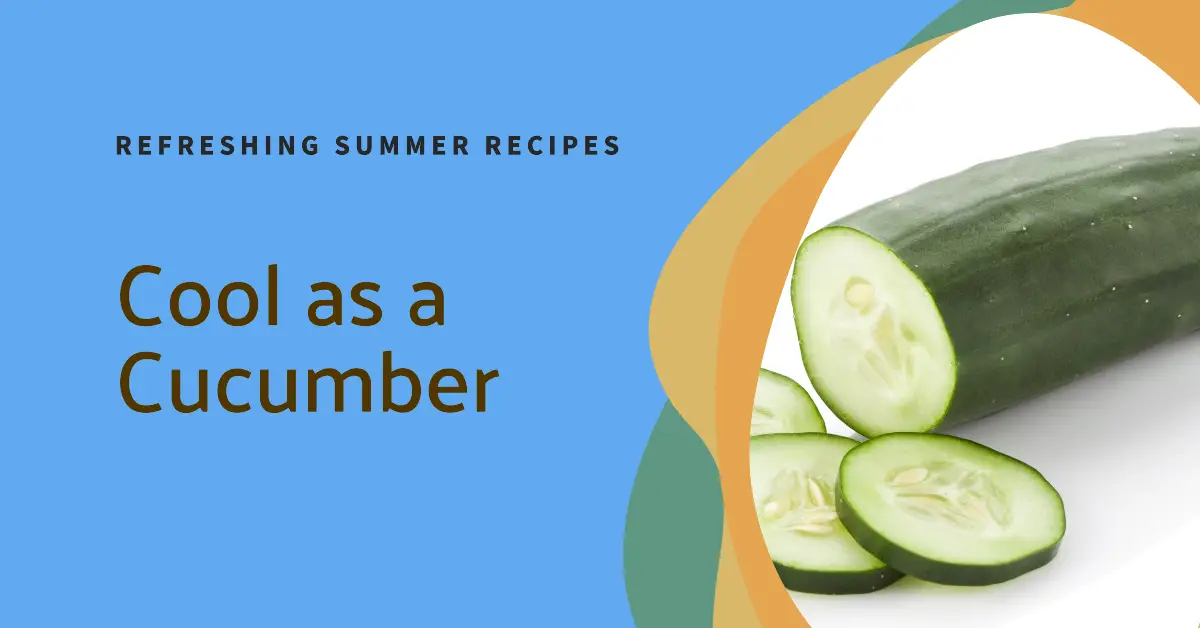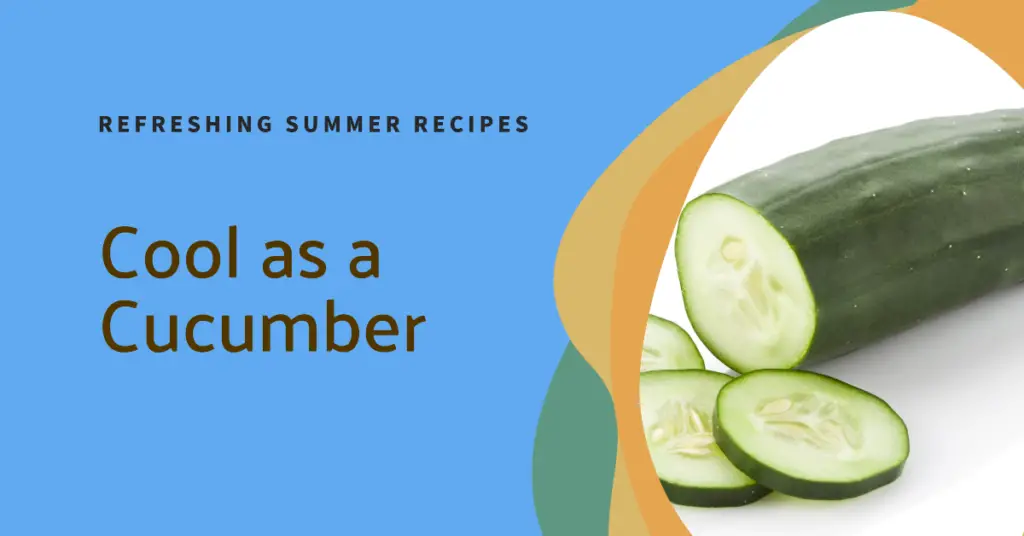
Introduction
Cucumbers are a popular vegetable that is often eaten raw or pickled. But are cucumbers actually fruits?
The answer to this question is not as simple as it seems. Botanically speaking, cucumbers are fruits. Fruits are defined as the seed-bearing structures of flowering plants. Cucumbers fit this definition because they contain seeds and are produced from the flowers of cucumber plants.
However, in culinary terms, cucumbers are typically considered vegetables. This is because they are typically eaten as part of a meal, like other vegetables.

So, are cucumbers fruits or vegetables?
The answer is that they can be both. Cucumbers are fruits from a botanical standpoint, but they are vegetables from a culinary standpoint.
Why is this distinction important?
The distinction between fruits and vegetables is important for understanding the nutritional value of different foods. Fruits are typically higher in sugar and calories than vegetables. They are also a good source of vitamins and minerals, such as vitamin C and potassium. Vegetables, on the other hand, are typically lower in sugar and calories than fruits. They are also a good source of fiber and other nutrients, such as vitamin A and potassium.
The botanical definition of a fruit: A fruit is a seed-bearing structure that develops from the ovary of a flowering plant. Fruits are typically sweet and fleshy, and they are eaten as part of a meal. However, not all fruits are sweet or fleshy. For example, cucumbers are fruits, but they are not sweet or fleshy.
The culinary definition of a vegetable: A vegetable is a plant or part of a plant that is eaten as food. Vegetables can be leaves, stems, roots, flowers, or fruits. They are typically cooked and eaten as part of a meal. However, not all vegetables are cooked. For example, cucumbers are often eaten raw.
The distinction between fruits and vegetables is not always clear-cut. Some foods, such as tomatoes, can be considered either fruits or vegetables. This is because tomatoes fit the botanical definition of a fruit, but they are typically eaten as vegetables.
Ultimately, the distinction between fruits and vegetables is a matter of convention. There is no scientific basis for the distinction. However, the distinction is important for understanding the nutritional value of different foods.
Here are some of the nutrients that cucumbers provide:
- Water: Cucumbers are made up of about 95% water. This makes them a good way to stay hydrated.
- Fiber: Cucumbers are a good source of fiber. Fiber helps to keep you feeling full and can help to regulate digestion.
- Vitamin C: Cucumbers are a good source of vitamin C. Vitamin C is an antioxidant that helps to protect the body from damage.
- Potassium: Cucumbers are a good source of potassium. Potassium is an important mineral that helps to regulate blood pressure.
- Magnesium: Cucumbers are a good source of magnesium. Magnesium is an important mineral that helps to regulate blood sugar levels and promote sleep.
Cucumbers are a healthy and versatile vegetable that can be enjoyed in a variety of ways. They can be eaten raw, cooked, or pickled. Cucumbers can also be used in salads, sandwiches, and other dishes.
Does it matter how you classify cucumbers?
Whether you classify cucumbers as fruits or vegetables is ultimately up to you. However, it is important to be aware of the distinction so that you can make informed choices about your diet.
Conclusion
Cucumbers are a healthy and versatile vegetable that can be enjoyed in a variety of ways. Whether you classify them as fruits or vegetables, cucumbers are a good source of nutrients and can be part of a healthy diet.




